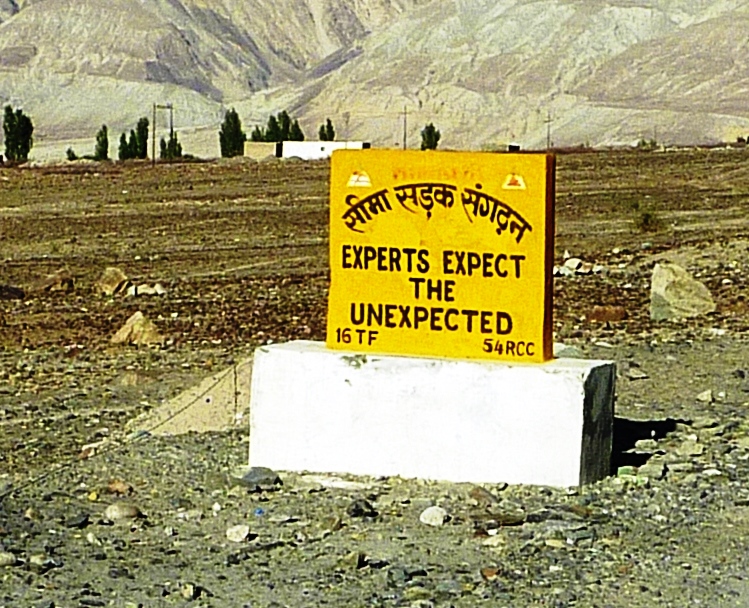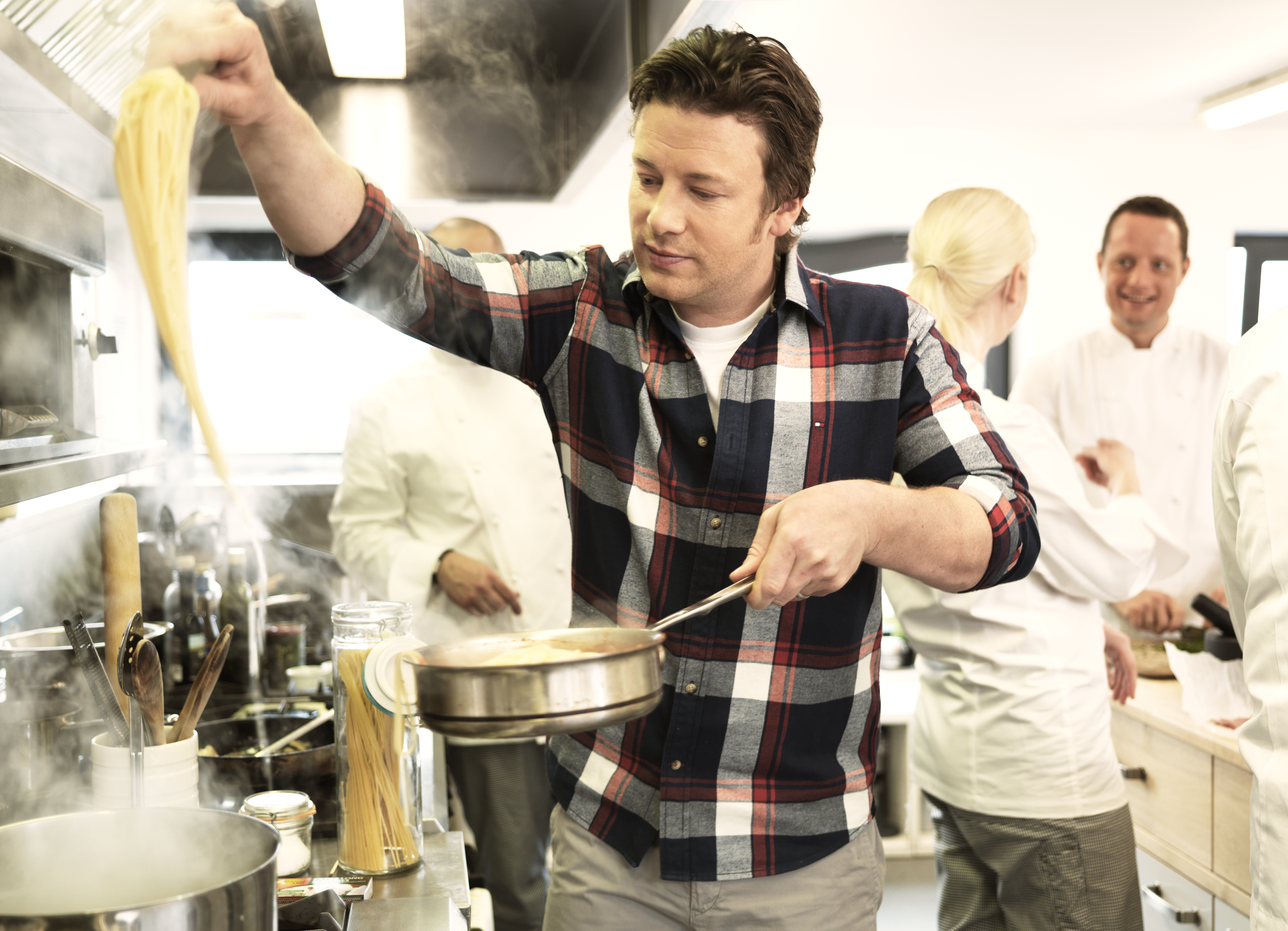|
Adaptive Expertise
Adaptive expertise is a broad construct that encompasses a range of cognitive, motivational, and personality-related components, as well as habits of mind and dispositions. Generally, problem-solvers demonstrate adaptive expertise when they are able to efficiently solve previously encountered tasks and generate new procedures for new tasks.Hatano, G. and K. Inagaki (1986). "Two courses of expertise." Child development and education in Japan: 262–272. This definition can be contrasted with more traditional ideas of expertise popularized by ChiChi, M., Feltovich, P. and Glaser, R., (1981). Categorization and representation of physics problems by experts and novices , ''Cognitive Science'', ''5'', 121-152. and others, which do not typically consider adaptation to completely novel situations. Its empirical validity has been examined in a number of training and learning contexts. The term was first coined by Giyoo Hatano and Kayoko Inagaki, to tease out the variability within groups ... [...More Info...] [...Related Items...] OR: [Wikipedia] [Google] [Baidu] |
Cognitive
Cognition refers to "the mental action or process of acquiring knowledge and understanding through thought, experience, and the senses". It encompasses all aspects of intellectual functions and processes such as: perception, attention, thought, intelligence, the formation of knowledge, memory and working memory, judgment and evaluation, reasoning and computation, problem solving and decision making, comprehension and production of language. Imagination is also a cognitive process, it is considered as such because it involves thinking about possibilities. Cognitive processes use existing knowledge and discover new knowledge. Cognitive processes are analyzed from different perspectives within different contexts, notably in the fields of linguistics, musicology, anesthesia, neuroscience, psychiatry, psychology, education, philosophy, anthropology, biology, systemics, logic, and computer science. These and other approaches to the analysis of cognition (such as embodied cogni ... [...More Info...] [...Related Items...] OR: [Wikipedia] [Google] [Baidu] |
Habits Of Mind
A habit (or wont as a humorous and formal term) is a routine of behavior that is repeated regularly and tends to occur subconsciously.Definition of ''Habituation'' ''Merriam Webster Dictionary''. Retrieved on August 29, 2008 The '''' (1903) defined a "habit, from the standpoint of , sa more or less fixed way of thinking, willing, or feeling acquired through previous repetition of a mental |
Skilled Worker
A skilled worker is any worker who has special skill, training, knowledge which they can then apply to their work. A skilled worker may have attended a college, university or technical school. Alternatively, a skilled worker may have learned their skills on the job. These skills often lead to better outcomes economically. The definition of a skilled worker has seen change throughout the 20th century, largely due to the industrial impact of the Great Depression and World War II. Further changes in globalisation have seen this definition shift further in Western countries, with many jobs moving from manufacturing based sectors to more advanced technical and service based roles. Examples of university educated skilled labor include engineers, scientists, doctors and teachers, while examples of vocationally educated workers include crane operators, CDL truck drivers, machinists, drafters, plumbers, craftsmen, cooks and accountants. History In the northern region of the ... [...More Info...] [...Related Items...] OR: [Wikipedia] [Google] [Baidu] |
Expert System
In artificial intelligence, an expert system is a computer system emulating the decision-making ability of a human expert. Expert systems are designed to solve complex problems by reasoning through bodies of knowledge, represented mainly as if–then rules rather than through conventional procedural code. The first expert systems were created in the 1970s and then proliferated in the 1980s. Expert systems were among the first truly successful forms of artificial intelligence (AI) software. An expert system is divided into two subsystems: the inference engine and the knowledge base. The knowledge base represents facts and rules. The inference engine applies the rules to the known facts to deduce new facts. Inference engines can also include explanation and debugging abilities. History Early development Soon after the dawn of modern computers in the late 1940s and early 1950s, researchers started realizing the immense potential these machines had for modern society. One ... [...More Info...] [...Related Items...] OR: [Wikipedia] [Google] [Baidu] |
Expertise
An expert is somebody who has a broad and deep understanding and competence in terms of knowledge, skill and experience through practice and education in a particular field. Informally, an expert is someone widely recognized as a reliable source of technique or skill whose faculty for judging or deciding rightly, justly, or wisely is accorded authority and status by peers or the public in a specific well-distinguished domain. An expert, more generally, is a person with extensive knowledge or ability based on research, experience, or occupation and in a particular area of study. Experts are called in for advice on their respective subject, but they do not always agree on the particulars of a field of study. An expert can be believed, by virtue of credentials, training, education, profession, publication or experience, to have special knowledge of a subject beyond that of the average person, sufficient that others may officially (and legally) rely upon the individual's opini ... [...More Info...] [...Related Items...] OR: [Wikipedia] [Google] [Baidu] |
Problem-solving
Problem solving is the process of achieving a goal by overcoming obstacles, a frequent part of most activities. Problems in need of solutions range from simple personal tasks (e.g. how to turn on an appliance) to complex issues in business and technical fields. The former is an example of simple problem solving (SPS) addressing one issue, whereas the latter is complex problem solving (CPS) with multiple interrelated obstacles. Another classification is into well-defined problems with specific obstacles and goals, and ill-defined problems in which the current situation is troublesome but it is not clear what kind of resolution to aim for. Similarly, one may distinguish formal or fact-based problems requiring psychometric intelligence, versus socio-emotional problems which depend on the changeable emotions of individuals or groups, such as tactful behavior, fashion, or gift choices. Solutions require sufficient resources and knowledge to attain the goal. Professionals such as ... [...More Info...] [...Related Items...] OR: [Wikipedia] [Google] [Baidu] |
Experts
An expert is somebody who has a broad and deep understanding and competence in terms of knowledge, skill and experience through practice and education in a particular field. Informally, an expert is someone widely recognized as a reliable source of technique or skill whose faculty for judging or deciding rightly, justly, or wisely is accorded authority and status by peers or the public in a specific well-distinguished domain. An expert, more generally, is a person with extensive knowledge or ability based on research, experience, or occupation and in a particular area of study. Experts are called in for advice on their respective subject, but they do not always agree on the particulars of a field of study. An expert can be believed, by virtue of credentials, training, education, profession, publication or experience, to have special knowledge of a subject beyond that of the average person, sufficient that others may officially (and legally) rely upon the individual's opinio ... [...More Info...] [...Related Items...] OR: [Wikipedia] [Google] [Baidu] |
Jamie Oliver
James Trevor Oliver MBE OSI (born 27 May 1975) is an English chef, restaurateur and cookbook author. He is known for his casual approach to cuisine, which has led him to front numerous television shows and open many restaurants. Oliver reached the public eye when his series '' The Naked Chef'' premiered in 1999. In 2005, he opened a campaign, Feed Me Better, to introduce schoolchildren to healthier foods, which was later backed by the government. He was the owner of a restaurant chain, Jamie Oliver Restaurant Group, which opened its first restaurant, Jamie's Italian, in Oxford in 2008. The chain went into administration in May 2019. His TED Talk won him the 2010 TED Prize. In June 2003, Oliver was made a Member of the Order of the British Empire for "services to the hospitality industry". Early life Oliver was born and raised in the village of Clavering in Essex. His parents, Trevor and Sally Oliver, ran a pub/restaurant, The Cricketers, where he practised cooking in the ... [...More Info...] [...Related Items...] OR: [Wikipedia] [Google] [Baidu] |
Apollo 13
Apollo 13 (April 1117, 1970) was the seventh crewed mission in the Apollo space program and the third meant to land on the Moon. The craft was launched from Kennedy Space Center on April 11, 1970, but the lunar landing was aborted after an oxygen tank in the service module (SM) failed two days into the mission. The crew instead looped around the Moon and returned safely to Earth on April 17. The mission was commanded by Jim Lovell, with Jack Swigert as command module (CM) pilot and Fred Haise as Lunar Module (LM) pilot. Swigert was a late replacement for Ken Mattingly, who was grounded after exposure to rubella. A routine stir of an oxygen tank ignited damaged wire insulation inside it, causing an explosion that vented the contents of both of the SM's oxygen tanks to space. Without oxygen, needed for breathing and for generating electric power, the SM's propulsion and life support systems could not operate. The CM's systems had to be shut down to conserve i ... [...More Info...] [...Related Items...] OR: [Wikipedia] [Google] [Baidu] |
Transfer Of Learning
Transfer of learning occurs when people apply information, strategies, and skills they have learned to a new situation or context. Transfer is not a discrete activity, but is rather an integral part of the learning process. Researchers attempt to identify when and how transfer occurs and to offer strategies to improve transfer. Overview The ''formal discipline'' (or ''mental discipline'') approach to learning believed that specific mental faculties could be strengthened by particular courses of training and that these strengthened faculties transferred to other situations, based on faculty psychology which viewed the mind as a collection of separate modules or faculties assigned to various mental tasks. This approach resulted in school curricula that required students to study subjects such as mathematics and Latin in order to strengthen reasoning and memory faculties. Disputing formal discipline, Edward Thorndike and Robert S. Woodworth in 1901 postulated that the transfer of l ... [...More Info...] [...Related Items...] OR: [Wikipedia] [Google] [Baidu] |
Habits Of Mind
A habit (or wont as a humorous and formal term) is a routine of behavior that is repeated regularly and tends to occur subconsciously.Definition of ''Habituation'' ''Merriam Webster Dictionary''. Retrieved on August 29, 2008 The '''' (1903) defined a "habit, from the standpoint of , sa more or less fixed way of thinking, willing, or feeling acquired through previous repetition of a mental |





